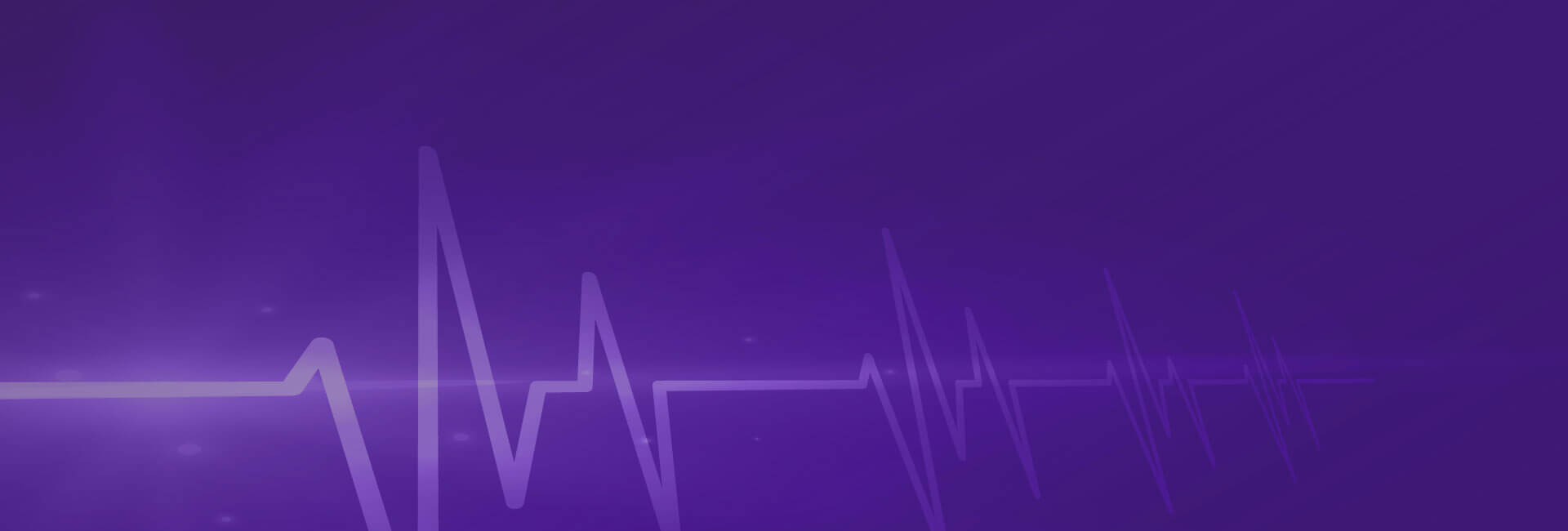The Story Behind Definitize
This year we have witnessed DeFi take center stage, and its popularity is expected to continue to soar into the new year. Coupled with the...

By: David Randall, Ph.D.
(David Randall is Executive Director and Resident Scholar with the American Research and Policy Institute in Washington, DC. His published peer-reviewed research focuses on health care entitlements, health data analytics and the application of health information technology. Dr. Randall also serves as an Advisory Board member of the Solve.Care Foundation).
(Below is the continuation of
The Coming Revolution: DeFi, Blockchain and Healthcare. Part I
The Coming Revolution: DeFi, Blockchain and Healthcare. Part II )
Healthcare debt and collections have increased in the last decade as a result of economic downturns and general healthcare inflation. In the U.S alone, it is estimated that there is over $100 billion of debt that healthcare providers must collect every year and growing. The global problem of medical debt collection also continues to increase as evidenced by the billions of debt collections that providers around the world must collect. The percentage of debt related to total provider revenue continues to increase and thus remains an issue that all providers must deal with. Research in the nature of medical debt in the U.S remains limited but growing evidence suggests that a majority of households have a problem with paying provider bills.
In the U.S, there exists a very fragmented medical debt collections industry that attempts to help providers, and in some cases, patients that owe the debt. Many times, providers both large and small will ‘sell’ the debt to these firms as means of stabilizing their cash flow. More than often the debt collection firms will buy the debt at a fraction of the initial value of the service.
Globally, estimates suggest that the healthcare revenue cycle management market will exceed $104 billion by 2025. The Healthcare Receivables Security industry consists of Non-Bank Structured Finance Vehicle entities that collateralize various healthcare receivables and packages it together to create one securitized asset. Collateralization is the process of buying assets that are financed by asset backed securities, bonds, or debt instruments backed by the value of those assets.
The U.S. health care market is increasingly relying on receivable and revenue cycle management to deal with increasing consumer-centric medical debt. As healthcare costs continue to rise, revenue management and the ability to find financing of the debt is a growing concern for larger health systems and provider practice groups large and small.
Various surveys have found that nearly 40% of U.S healthcare patients struggle with medical debt with that number growing as the number of uninsured and underinsured continue to rise. Additionally, over a third of U.S hospitals have over $10 million in various stages of debt collection. All of these factors point to an immediate and growing need for healthcare providers to find a variety of revenue cycle management tools.
Healthcare systems traditionally rely upon third-party payers, namely the government or insurance providers, for the bulk of their proceeds. With the rise in popularity of high deductible health insurance plans, healthcare providers are now having to collect a greater portion of their billed amount directly from the patient. Over the last decade, out of pocket consumer costs have increased over 200% and are expected to continue to escalate in the next decade.
This is the opportunity and niche that a DeFi solution can have in an increasingly complex health care finance space. Health care providers (and even insurers) are increasingly reliant on liquidity providers to meet the increased debt associated with care. This is where the wide array of healthcare-specific debt financing providers meets the growing need.
The revenue cycle management cycle industry is diverse and somewhat fragmented, which I argue is often common in numerous segments of the U.S healthcare market and many westernized healthcare systems. There are literally thousands of large and small firms that will purchase provider debt both large and small.
Because of the market fragmentation and numerous ‘middlemen’ (i.e. large and small banking and finance institutions) therein exists the opportunity for a DeFi solution. A Defi pool specifically designed for health care providers could arguably provide greater efficiency and transparency to providers. The platform would attract market participants seeking attractive financing terms relative to current offerings and equally important attractive yields and rates of return to finance pool participants. Given the current market structure and large (and growing) need of providers to better manage revenue cycles, this is a natural fit to use a DeFi solution.

This year we have witnessed DeFi take center stage, and its popularity is expected to continue to soar into the new year. Coupled with the...

Definitize is a 100% community owned, run, governed Decentralized Autonomous Organization (DAO) that utilizes DeFi for Healthcare Financing. It is based on a framework designed...

안녕하세요 한국 커뮤니티 여러분 프라딥입니다. 이번 AMA에 여러분의 시간과 참여 감사드립니다. 여러분과의 대화를 많이 기대하고 있습니다. 여러분의 질문에 답변을 드리고 저 또한 배워갈 것입니다. 시작하겠습니다...